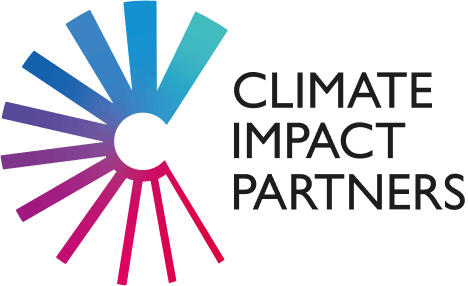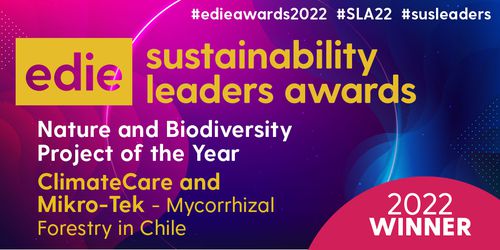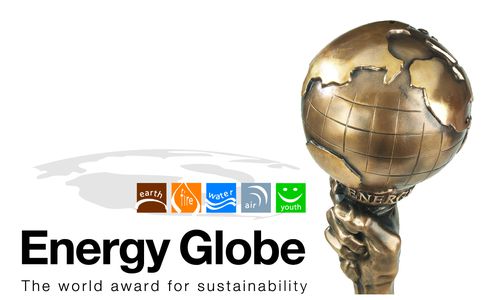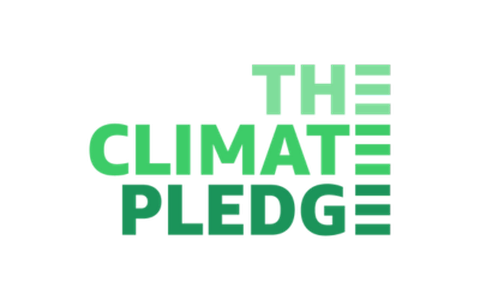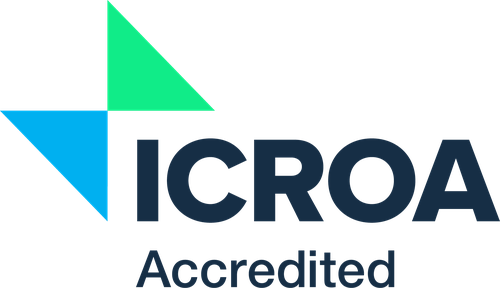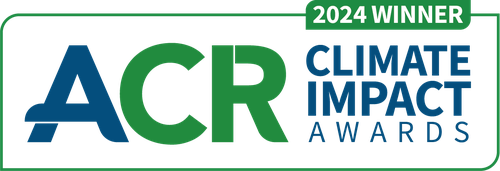The UK’s Foreign, Commonwealth and Development Office (FCDO) partnered with Climate Impact Partners to spark a market for ethanol stoves, supporting people in Kenya to climb the energy ladder.
Helping people in developing communities to adopt cleaner, less polluting fuels in ways like this is vital if we’re to achieve the UN’s Sustainable Development Goal of clean, affordable energy for all by 2030.
About our client
The FCDO is leading the UK government’s efforts to end extreme poverty and help people in developing countries lead healthier, safer, more prosperous lives.
FCDO sought Climate Impact Partners’ help to maximize positive outcomes through clean cooking, with a focus on helping people to adopt more sustainable fuels.
What we did
By promoting ethanol cooking in Kenya, Climate Impact Partners ensured FCDO used its funds efficiently and effectively.
Ethanol – which is made from molasses, a by-product of the country’s sugar industry – is a sustainable alternative to charcoal because it is renewable and clean burning. Typically, 68% of household energy comes from wood and charcoal, endangering our forests and climate, as well as people’s health.
In partnership with Safi International, we marketed, distributed, and sold clean burning ethanol stoves. Our customers were mainly communities in Kibera, an underprivileged area of Nairobi.
We wanted the project to flourish in the long term, so we worked with local community finance organizations to set up a revolving fund. This gives families the money they need to buy a stove. We also purchased the CERs produced by the project.
In addition, Climate Impact Partners has supported and harnessed the findings of two studies which explore the relative benefits of ethanol as a cooking fuel, compared with more polluting alternatives.
Using ethanol reduces household air pollution and black carbon (a major factor in climate warming) by up to 68% and 83% respectively compared to burning charcoal. Conversely, burning solid fuels in the home accounts for around a quarter of the world’s black carbon emissions, with 84% of this coming from developing countries.
We knew we could trust Climate Impact Partners to develop an innovative solution that would help us meet our development aims and promote low carbon lifestyle choices. This work gave the ethanol cooking market in Kenya a strong start, in some of the communities where the need was greatest.
What positive outcomes did we deliver?
Creating a market for ethanol stoves in Kenya has improved life for 40,000 people, lowering families’ exposure to smoky fumes and helping them to save money on fuel.
The switch from charcoal to ethanol has also prevented further deforestation, cut carbon emissions, and reduced black carbon by 90%.
In this way, Climate Impact Partners has supported FCDO in transforming lives in developing countries, while also promoting clean, affordable energy. We’re now working hard to expand the program and make ethanol the cooking fuel of choice for Kenyans.
Our goal is to deliver 1 billion tonnes of emissions reductions
500+ clients around the world
Delivering towards the Global Goals

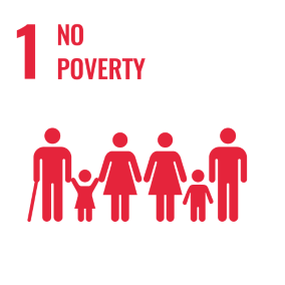
No Poverty
End poverty in all its forms everywhere
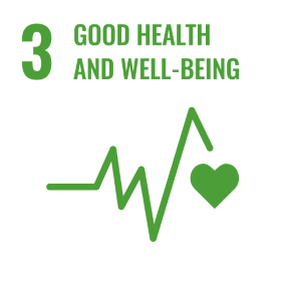
Good Health and Wellbeing
Ensure healthy lives and promote well-being for all at all ages
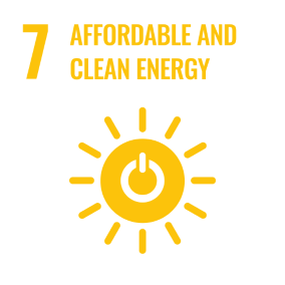
Affordable and Clean Energy
Ensure access to affordable, reliable, sustainable and modern energy
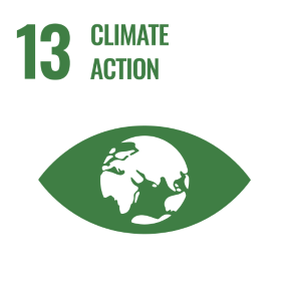
Climate Action
Take urgent action to combat climate change and its impacts
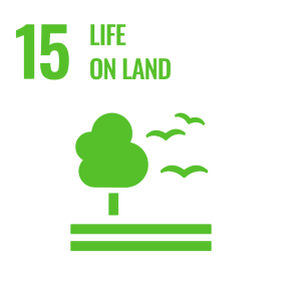
Life on Land
Sustainably manage forests, combat desertification, halt and reverse land degradation, halt biodiversity loss


Supporting our projects delivers on multiple UN Sustainable Development Goals (SDGs). You can read more on the Goals below.
Learn more about the global goalsThe Latest Insights From
Climate Impact Partners

Women Accelerating Action in the Carbon Markets
Women are shaping the future of carbon markets, while driving real impact, fostering equity, and ensuring climate finance delivers meaningful change.
Read more
New Year’s Regulations
The rate of policy changes impacting the voluntary carbon market shows no signs of slowing. Stay ahead of key updates and what they mean for your business.
Read more
Communicate Your Impact in 2025
Say goodbye to greenhushing in 2025 and keep up a steady beat of messaging throughout the year using our calendar of key dates as ‘hooks’.
Read more